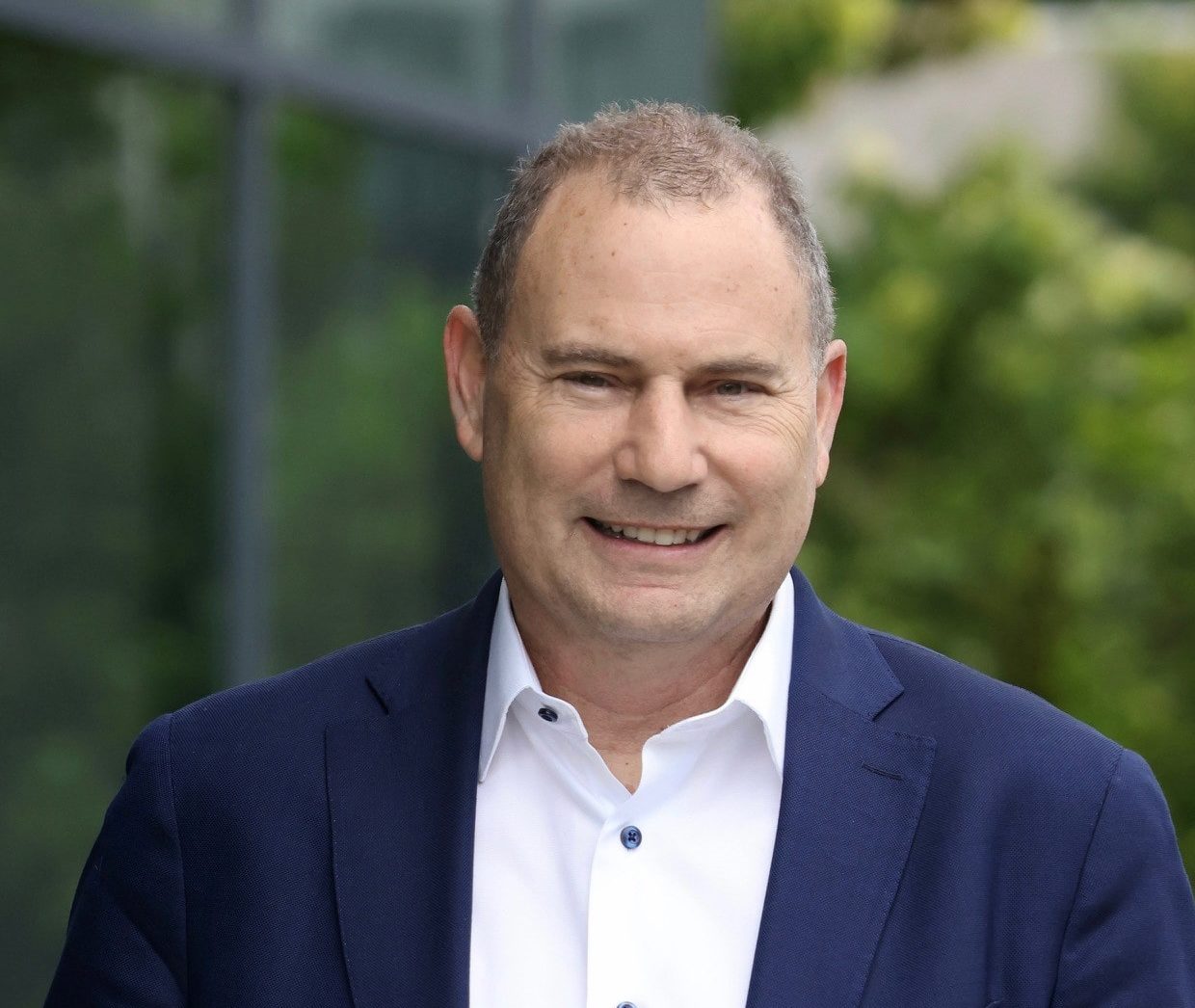At Survivor Fitness, we’re proud to have a board made up of leaders who bring both professional expertise and a personal commitment to supporting cancer survivors. Brian Marger is one of those leaders.
When it comes to understanding cancer survivors, few people know the importance of comprehensive care better than Brian. As CEO of TriStar Skyline Medical Center in Nashville, Brian has spent nearly two decades in healthcare leadership, including time as the regional vice president for cancer services with the Sarah Cannon Cancer Network.
But his commitment to helping others goes beyond his professional experience. Brian is both a cancer survivor and a Survivor Fitness participant. His perspective as a healthcare leader and survivor makes his voice on the Survivor Fitness board invaluable.
A Personal Connection to the Mission
Brian first learned about Survivor Fitness in 2024 through a friend and fellow board member who recognized how closely aligned our mission was with his own personal story.
“I felt very connected to an organization that focused on encouraging survivors to thrive despite their challenging condition,” Brian shared. “Being a cancer survivor whose fitness deteriorated significantly post-treatment, I know how hard it can be to rebuild strength and confidence after cancer.”
Diagnosed with acute lymphoblastic leukemia (ALL), Brian went through rigorous treatment and completed his care two years ago. But the journey after treatment created new challenges that many cancer survivors know all too well.
“From a cancer care perspective, I feel survivorship continues to be underserved,” he said. “There is little guidance on how to move forward after treatment. Survivor Fitness stresses emotional and physical health both during and after cancer care. That really resonates with me and my experience.”
Leading It By Living It
One of the things that makes Brian’s involvement with Survivor Fitness so unique is his direct experience as a participant in the program. He knows firsthand what it means to take those first difficult steps back into fitness and how much of a difference the right support can make.
“Starting is the hardest part,” Brian said. “It took me a while to believe that I could be strong again and feel good. But you will be amazed at how much better you feel as you progress through the programs.”
His personal experience fuels Brian’s passion for the work Survivor Fitness is doing and strengthens his belief in the organization’s future.
“I have experienced how Survivor Fitness can motivate and support participants long after the rigorous cancer treatments are completed,” he said. “And I’m excited to see the growing reach of our programs each year.”
A Future Full of Possibility
As a board member, Brian brings a depth of healthcare knowledge and a personal investment in helping Survivor Fitness grow.
“I truly enjoy working with fellow board members from different backgrounds but with common goals and motivations,” he shared. “I hope the breadth and depth of our programs continue to expand during my tenure.”
For Brian, the mission is clear: help cancer survivors regain strength, rebuild confidence, and thrive.
We are incredibly grateful to have Brian as part of the Survivor Fitness board. His personal journey, professional leadership, and passion for helping others make a lasting impact on the lives of the survivors we serve.

